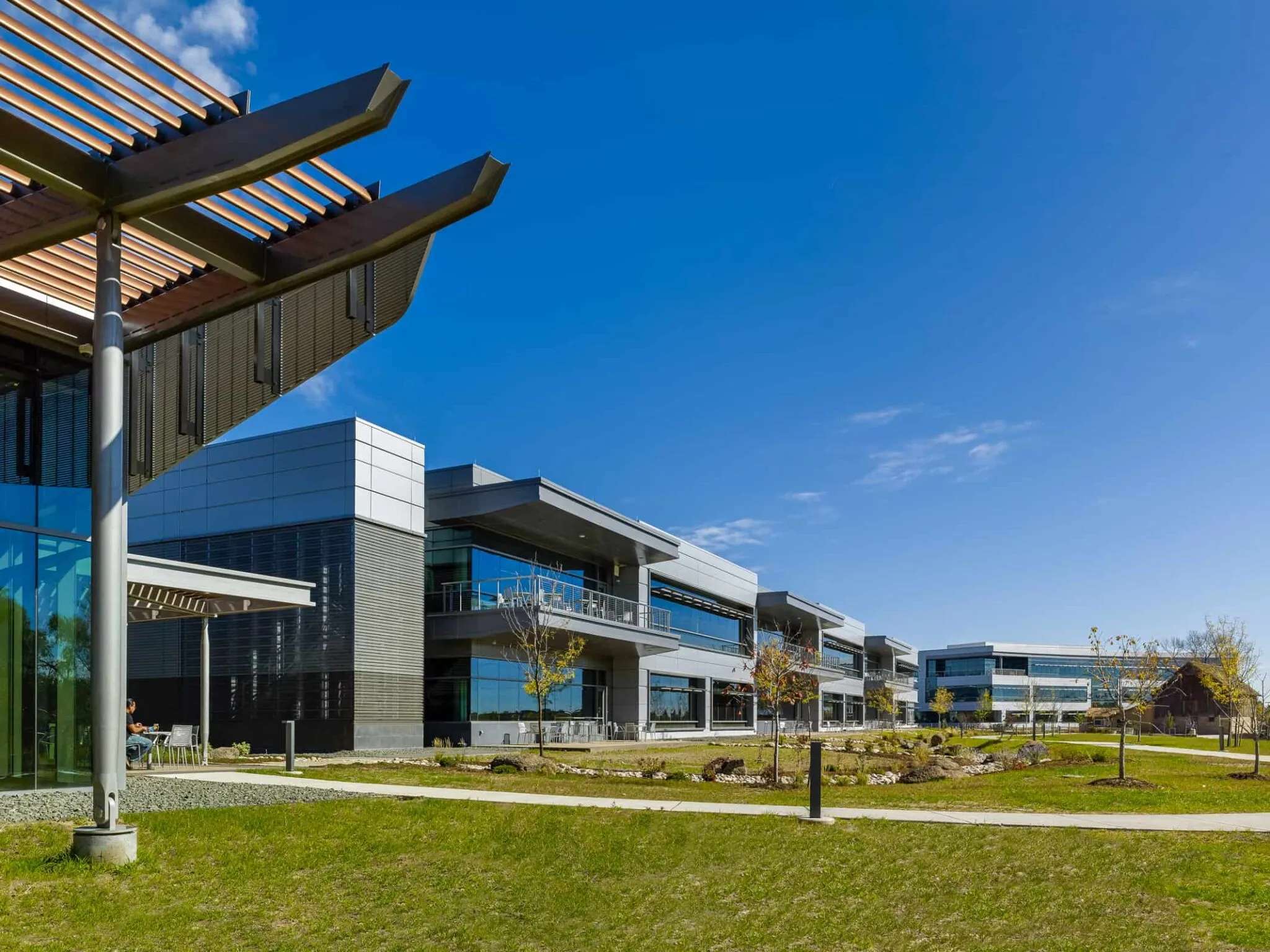Boulder rolls back oil and gas moratorium, adopts new regs
BOULDER — Boulder’s oil and gas activity moratorium, versions of which had been in place since 2013, has been rescinded, as the Boulder City Council adopted new rules Tuesday to regulate drilling and extraction activities.
Should Colorado law allow for an outright ban on energy activity, Boulder would likely explore that possibility. Since such bans are themselves banned by the state, Boulder officials sought an emergency ordinance to adopt new rules that limit where operations can take place — effectively limiting oil and gas activity to a handful of small parcels.
Oil and gas operators now have to provide a series of…
THIS ARTICLE IS FOR SUBSCRIBERS ONLY
Continue reading for less than $3 per week!
Get a month of award-winning local business news, trends and insights
Access award-winning content today!





